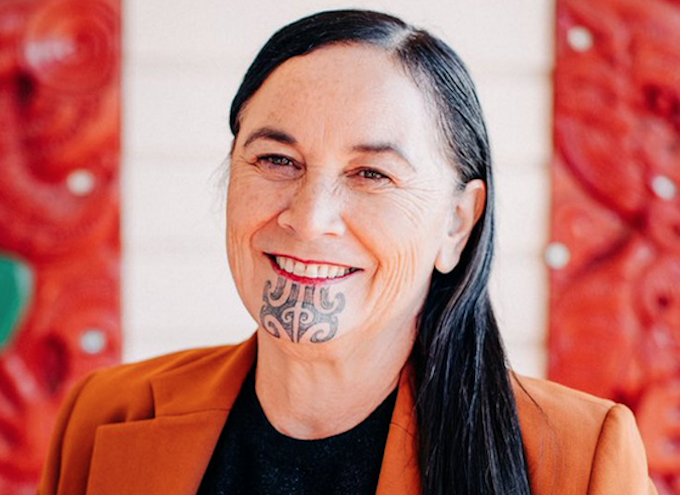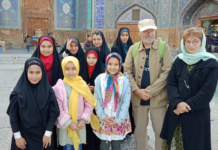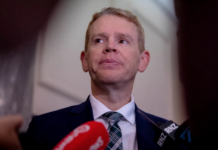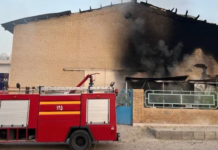
By Daniel Perese of Te Ao Māori News
Māori politicians across the political spectrum in Aotearoa New Zealand have called for immediate aid to enter Gaza following a temporary ceasefire agreement between Hamas and Israel.
The ceasefire, agreed yesterday, comes into effect on Sunday, January 19.
Foreign Minister Winston Peters said New Zealand welcomed the deal and called for humanitarian aid for the strip.
- READ MORE: Global watchdog calls for ‘open’ probe into crimes against Gaza media as ceasefire agreed
- What the Gaza ceasefire agreement means
- Israel’s planned expulsion of UNRWA – time for UN to walk the talk and invoke Security Council action
- Other war on Gaza reports

“There now needs to be a massive, rapid, unimpeded flow of humanitarian aid into Gaza.“
Te Pāti Māori co-leader Debbie Ngarewa-Packer echoed similar sentiments on behalf of her party, saying, “the destruction of vital infrastructure — homes, schools, hospitals — has decimated communities”.
“This ceasefire must be accompanied by a global effort to rebuild Gaza,” she said.
Teanau Tuiono, Green Party spokesperson for Foreign Affairs, specifically called on Aotearoa to increase its aid to Palestine.
‘Brutal, illegal Israeli occupation’
“[We must] support the reconstruction of Gaza as determined by Palestinians. We owe it to Palestinians who for many years have lived under brutal and illegal occupation by Israeli forces, and are now entrenched in a humanitarian crisis of horrific proportions,” he said.
“The genocide in Gaza, and the complicity of many governments in Israel’s campaign of merciless violence against the Palestinian people on their own land, has exposed serious flaws in the international community’s ability to uphold international law.
“This means our country and others have work to do to rebuild trust in the international system that is meant to uphold human rights and prioritise peace,” said the Green MP.
With tens of thousands of Palestinians killed in the 15 month war, negotiators reached a ceasefire deal yesterday in Gaza for six-weeks, after Hamas agreed to release hostages from the 7 October 2023 attacks in exchange for Palestinian prisoners — many held without charge — held in Israel.
Foreign Minister Winston Peters said this deal would end the “incomprehensible human suffering”.
“The terms of the deal must now be implemented fully. Protection of civilians and the release of hostages must be at the forefront of effort.
“To achieve a durable and lasting peace, we call on the parties to take meaningful steps towards a two-state solution. Political will is the key to ensuring history does not repeat itself,” Peters said in a statement.
Tuiono called it a victory for Palestinians and those within the solidarity movement.
“However, it must be followed by efforts to establish justice and self-determination for Palestinians, and bring an end to Israeli apartheid and the illegal occupation of Palestine.
“We must divest public funds from illegal settlements, recognise the State of Palestine, and join South Africa’s genocide case against Israel at the International Court of Justice, just as we joined Ukraine’s case against Russia.”
Ngawera-Packer added that the ceasefire deal did not equal a free Palestine anytime soon.
“We must not forget the larger reality of the ongoing conflict, which is rooted in decades of displacement, violence, and oppression.
“Although the annihilation may be over for now, the apartheid continues. We will continue to call out our government who have done nothing to end the violence, and to end the apartheid.
“We must also be vigilant over these next three days to ensure that Israel will not exploit this window to create more carnage,” Ngarewa-Packer said.
Republished from Te Ao Māori News












































